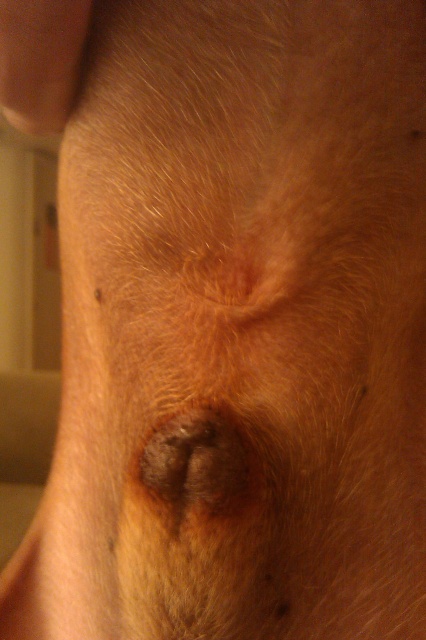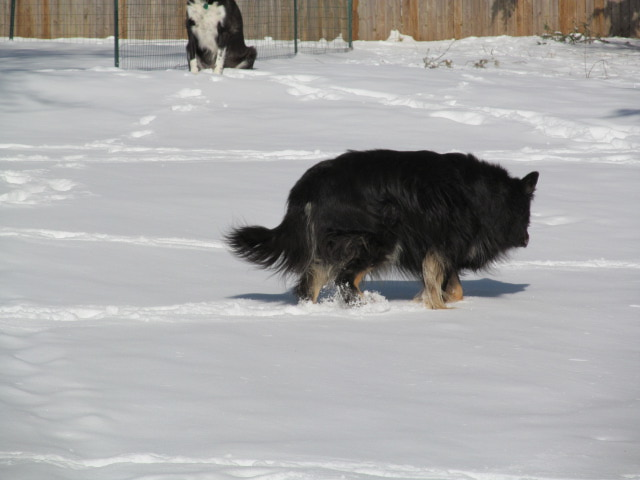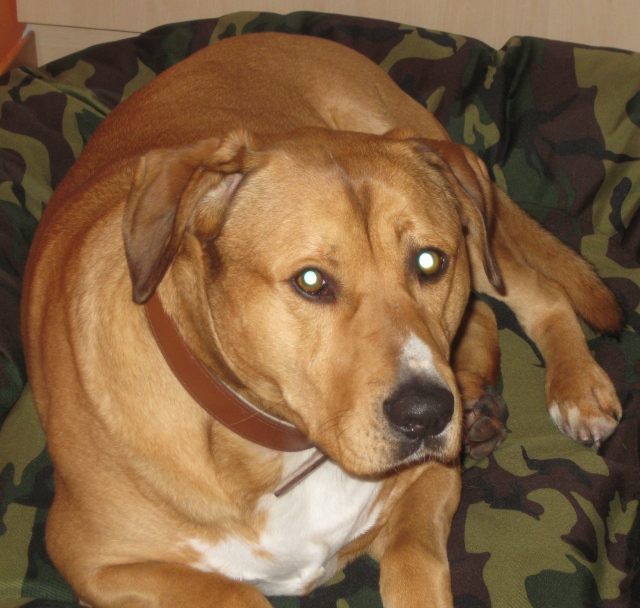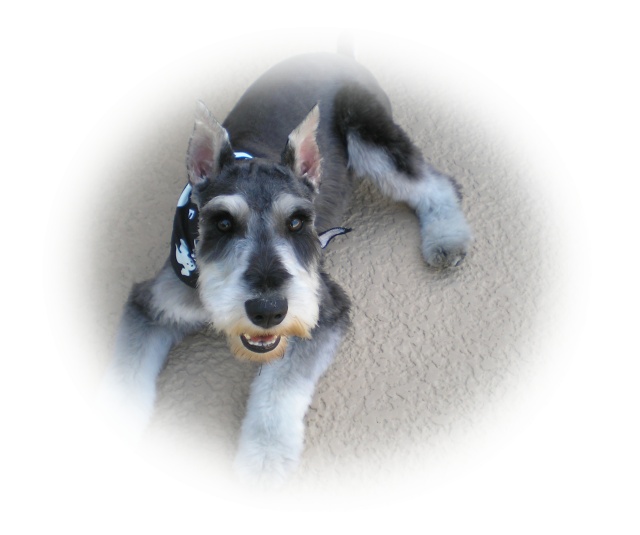Question
 Burgess
Burgess
My wonderful dog Burgess, A Dachshund, Beagle, Basset hound mix culminating in a big 55lbs Wiener dog. Started having an issue with gnawing on his tail in particular, as it's the area that is beginning to show bare and bloody, after we moved to our new house. We've talked to vet's and groomer's and they've given us ideas ranging from Aloe baths to benadryl and other allergy medicines. We have him currently on an off brand of Zyrtec 24hr once a day and it's not helping. He's been on it for a week now and still nothing. We've tried everything from Vinegar water to prevent fleas to lotion to moisturize his skin and nothing really works. I just want my dog to feel better and be the happy dog he was 2 months ago.
AnswerHi Shane,
I'm sorry to hear about Burgess, unfortunately allergies that develop after moving are fairly common. I recently went through the same situation with my dog after moving to another state, and it was a battle to get him back to normal. As a disclaimer, please remember that I am not a veterinarian and am not advocating any specific medical practices, however, I can give you some ideas to consult with your vet about that might help get Burgess' itchiness under control. You will have to treat the allergies at the same time as the actual skin conditions.
Moving commonly triggers allergies because 1) stress can cause the immune system to function improperly, and 2) the body is not used to certain particles in the new environment, so the immune system rejects them. There are a few things you can do to help alleviate these triggers. First, try to keep Burgess' routine as normal as possible. Although it is impossible to eliminate all stress from moving, keeping a consistent routine can help. Second, Allergy medication and steroids are designed to suppress the overreacting immune system. Although I'm not a fan of steroid use, short term steroid prescriptions can help until the allergies are controllable with general allergy medication. Another option the vet may discuss with you is "training" the immune system to accept the things he is allergic to, usually done through a series of shots that contain small amounts of the triggering substances. Personally, I also like to make sure there is no corn in the food since corn can contribute to joint and skin inflammation (even if he is not allergic to corn).
Another big factor is the development of secondary conditions. This usually occurs as a result of scratching or biting areas of the body, usually the tail, ears, and feet. Even if you get the allergies under control, the dog will continue to lick, bite, or scratch those areas because they are inflamed of infected. There are various shampoos, creams, sprays, etc. to help remedy these.
Since I recently went through this scenario with my dog, I'll give a brief overview of how his case went. After moving, my dog started scratching, losing hair, and looking really rashy. We gave Benedryl and bathed in medicated shampoos, but the problem worsened to the point that he was constantly scratching. After taking him to the vet, he was put on a small dose of Prednisone and Benedryl. I also made some food changes, putting him on a food that contains yucca (it's a natural anti-inflammatory). After a couple days we saw improvement, weaned him off Prednisone after a week and just gave Benedryl. Throughout the process he was bathed in a hypo-allergenic anti-itch shampoo and sprayed with an anti-itch spray during the times he got really itchy. Two weeks later he was taken off all medication and is doing great.
Talk to the vet again and consider some more options. I'm sure with the right combination of treatment, Burgess will be on his way to his normal, happy self in no time.


 cockapoo agression
Question
Pets11.jpg
We have had our Cockapoo (Tyson) si
cockapoo agression
Question
Pets11.jpg
We have had our Cockapoo (Tyson) si
 Found Dog
Question
this is what it looks
Hello my is sara and my
Found Dog
Question
this is what it looks
Hello my is sara and my
 Old dog, old owner, grooming issues
Question
Jessis
I have a 13-yr-old German shephe
Old dog, old owner, grooming issues
Question
Jessis
I have a 13-yr-old German shephe
 Strange dog behaviour ; organic brain syndrome in canine;
Question
Alfie
All of a sudden my 4 year old dog does n
Strange dog behaviour ; organic brain syndrome in canine;
Question
Alfie
All of a sudden my 4 year old dog does n
 mini-schnauzer limping not able to put full weight on leg
Question
Willy
A couple of hours ago, I walked my 14mon
mini-schnauzer limping not able to put full weight on leg
Question
Willy
A couple of hours ago, I walked my 14mon